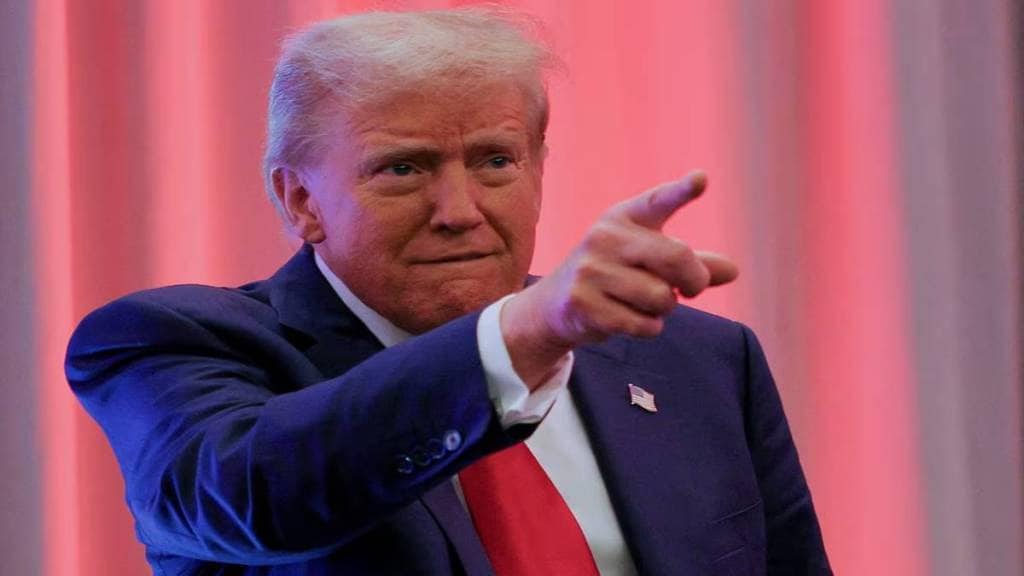On Saturday, US President Donald Trump announced that new tariffs would take effect Tuesday, imposing a 25% duty on imports from Mexico and Canada, and a 10% levy on goods from China. These tariffs will remain in place until national emergencies, such as fentanyl trafficking and illegal immigration, are addressed. Canadian energy products will face a reduced 10% tariff, while Mexican energy imports will be subjected to the full 25%, according to officials.
The White House stated that these measures would not be removed until the crisis subsided but did not clarify what actions the affected nation should take to receive relief. This move has come through Trump’s continuous threats since winning re-election and is likely to prompt retaliation. This move has the potential to ignite a trade conflict that could impact the global markets.
US tariffs to be executed from Tuesday
The tariffs imposed on the three United States’s largest trading partners have raised concerns related to surge in prices and economic instability. The decision has been strongly criticised by Canadian officials and business leaders who have called for equivalent countermeasures. Meanwhile, Mexico is also getting ready to respond with retaliatory tariffs. Trump’s executive order stated that the new duties would be executed from 12:01 am EST on Tuesday. However, shipments that have been already in transit before Saturday’s deadline would be exempted.
Trump referred to the International Emergency Powers Act and the National Emergencies Act to justify the tariffs, using broad presidential authority usually practiced for sanctions. However, trade experts of Reuters say that these laws have not been tested for imposing such widespread tariffs.
There would be no exemptions, and any kind of retaliation by Mexico, Canada, and China can prompt Trump to increase the tariffs further, as stated by White House officials. Canadian officials signaled their intention to revert back in kind, with Nova Scotia’s Premier Tim Houston having ordered the removal of US alcohol from store shelves. While Ontario Premier Doug Ford called for dollar-for-dollar tariffs.
Trump’s tariff plan is part of his broader effort to restrict the influx of fentanyl and illegal immigration, but there is a risk that it can create an economic crisis. Analysts have warned that the tariffs could slow down US growth, send Mexico and Canada into recession, and will activate inflationary measures.
(With inputs from Reuters)

